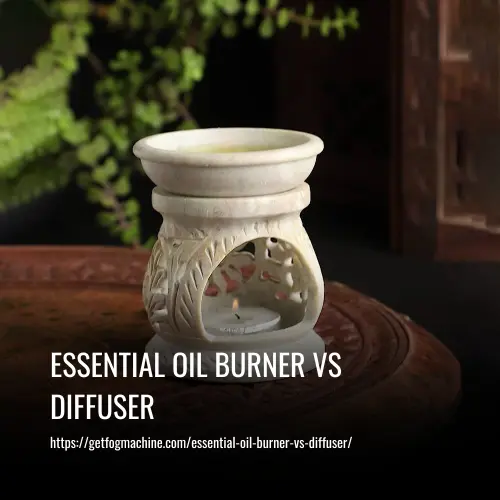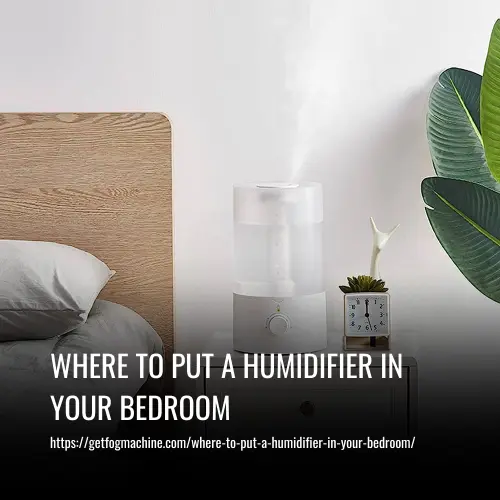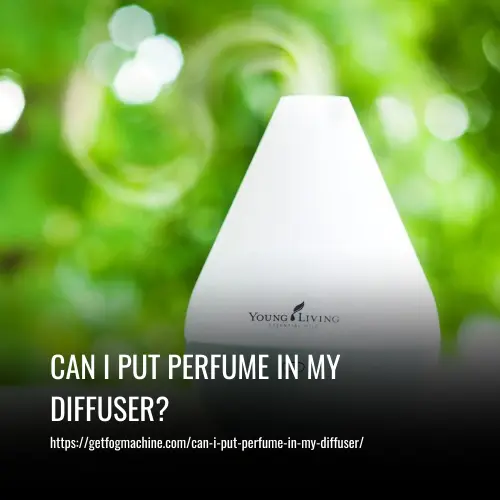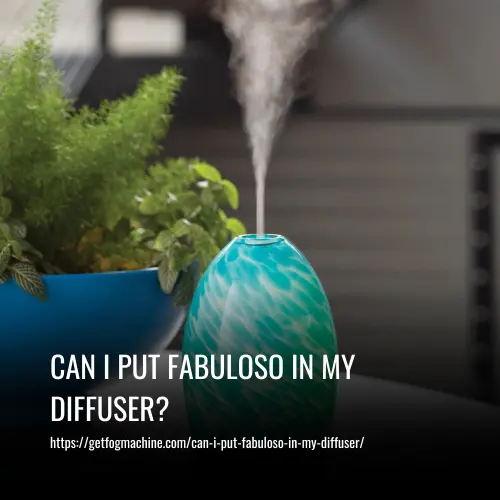Should I Turn Off My Humidifier In The Summer
This post contains affiliate links. As an Amazon Associate, we earn from qualifying purchases.
During summer, when the air naturally contains moisture, using a humidifier becomes unnecessary. In fact, operating a humidifier during this time can diminish the efficiency of your air conditioning system and result in higher energy costs.
Therefore, it’s crucial to turn off your humidifier once the heating season ends to prevent its use from impacting the effectiveness of your AC and contributing to increased energy expenses.

Should You Turn Your Humidifier Off In The Summer
During the summer months, turning off your humidifier can have several benefits. The air is already naturally moist in the summer, therefore using a humidifier can be unnecessary and even counterproductive. In fact, running your humidifier during the warmer months can reduce the efficiency of your air conditioner and cause your energy bills to increase.
It’s recommended to turn off your humidifier once the heating season is over and the warmer weather sets in. By doing so, you can prevent the buildup of excess moisture, which can lead to discomfort issues such as sore throats and itchy skin. Additionally, shutting down your humidifier can help extend its service life and minimize the need for humidifier service.
If you have a central or whole-home humidifier, it’s crucial to make sure that the bypass duct damper is in the summer position to avoid the flow of humidity into your home. If you have a portable humidifier, you can simply turn it off and store it away until next winter. By turning off your humidifier during the humid summer months, you can maintain a comfortable living environment without compromising on your energy bills.
Why Should You Turn Off Your Humidifier in the Summer
It’s important to consider turning off your central or whole-house humidifier during the summer months. While the humidifier’s primary purpose is to add moisture to indoor air, air conditioning units are designed to do the opposite – remove humidity from the air.
Running both simultaneously can cause your AC unit to work harder, resulting in increased energy costs and potentially shortening your cooling system’s lifespan. HVAC professionals recommend turning off your humidifier during the summer months to avoid these issues.
Additionally, excess indoor moisture during humid summer months can lead to comfort issues, such as itchy or dry skin, and even sore throats. It’s best to wait until the heating season to use your humidifier again to combat dry winter air. If you use a portable humidifier, lower the humidity level to avoid excess moisture in the air.
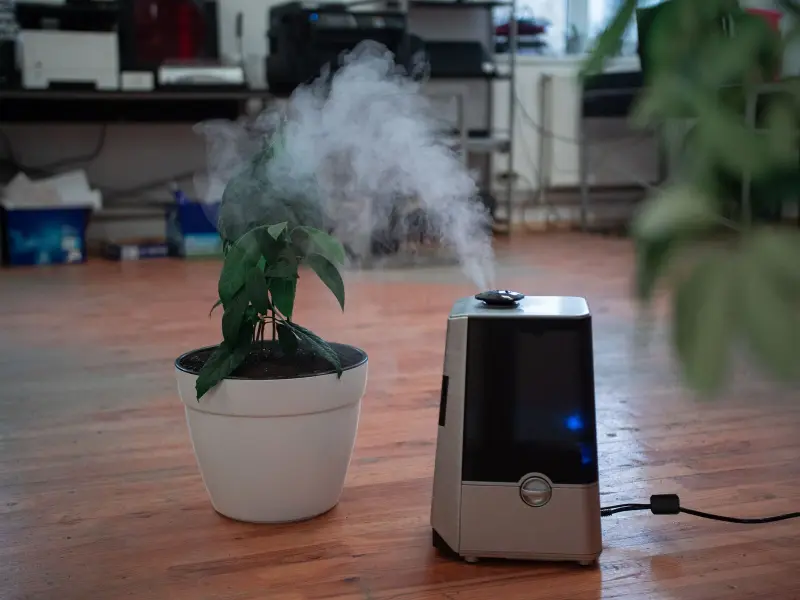
How to Shut Off Your Humidifier in the Summer
During the summer months, it may be necessary to turn off your central humidifier to prevent excess moisture in the air. To do so, first, switch off the humidistat on the unit by locating it above the humidifier on the return air plenum.
Next, turn the bypass duct damper on the humidifier to the “summer” setting or off entirely, if applicable. Finally, shut off the water supply and have the water panel cleaned to ensure effective use during the heating season.
What’s the Best Way to Use a Humidifier in Summer
Staying cool and comfortable during the hot summer months can be a challenge. One effective solution is to use a humidifier in your home. This device helps maintain balanced air moisture levels, reducing the dryness that can cause discomfort and skin irritation while also minimizing static electricity.
To ensure proper use of your humidifier during this season, set your humidity level at 40% – 50% to provide sufficient comfort without causing excess moisture in the air. Regularly cleaning your humidifier by removing debris from it is important to prevent bacteria growth and keep it efficient.
Avoid positioning your unit near direct sunlight or windows to prevent overheating. Following these simple steps will keep your humidifier functioning correctly and enable you to enjoy its benefits without any issues. Keep cool and comfortable this summer by using your humidifier the right way.
FAQs
One of the best ways to keep your home at a comfortable humidity level is by measuring it with a hygrometer. It’s a fairly inexpensive device that usually comes paired with a thermostat, costing less than $20. Knowing your home’s relative humidity levels can be crucial, especially during the summer when going from extreme temperatures. A hygrometer will give you the necessary information to adjust your humidifier, air conditioner, or ventilation systems to improve the comfort level of your home.
As summer approaches, it’s important to prepare your home for the warmer weather. To start, make sure your air conditioning system is working properly by scheduling a check-up with a professional. As for humidity control, you might not need to turn off your humidifier completely. Adjusting its settings can help maintain a comfortable level of moisture without encouraging mold growth. Lastly, invest in window treatments like blinds or shutters to block out direct sunlight and reduce energy costs on hot days.
It is crucial to turn off your humidifier in the summer, especially if you have a central air conditioner. Many people forget to shut down their humidifiers, which can lead to improper cooling and dehumidification. The humidifier should be turned off at the end of each heating season to ensure the central air conditioner works efficiently during the warmer months. If left running, it can cause excess moisture in the air, which can lead to discomfort issues like sore throats and itchy skin.
When the warmer months come around, you should turn off your humidifier to reduce unnecessary costs. Keeping it running will only make your air conditioning system work harder and longer to eliminate the excess moisture, potentially increasing your energy bills. Therefore, it is recommended to stop using your humidifier at the end of the heating season. By turning it off, you will not only save costs but also avoid any potential comfort issues caused by excess humidity.
Conclusion
Whether or not to turn off your humidifier during the summer months depends on your specific situation. If you live in a humid area, have a central air conditioner or whole-house humidifier, and are comfortable with the humidity levels in your home, then it may be best to turn off your humidifier. However, if you live in a dry area, have a portable humidifier, or suffer from dry skin, itchy throat, or other comfort issues, then you may benefit from using a humidifier during the summer as well.
Remember to properly maintain your humidifier by regularly cleaning or replacing the water panel/filters, checking the water supply and valves, and getting regular humidifier service as needed. By doing so, you can ensure the effectiveness and service life of your humidifier while also potentially saving on energy bills and improving your overall indoor comfort.


